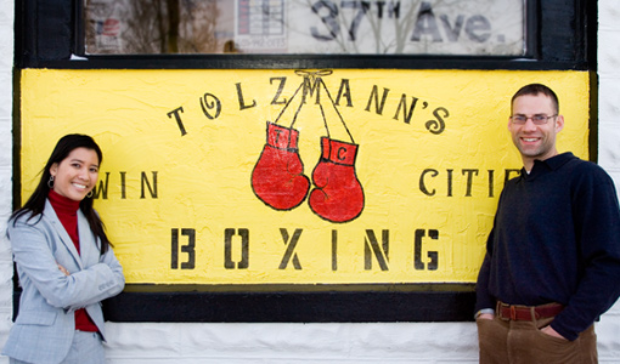“Ordinary people sometimes do bad things. A wrongheaded business decision, a romantic encounter in a late night bar, a rivalry with a neighbor over the placement of a fence, any of these seemingly insignificant moments can initiate a series of events that, like a rusty nail in the sole of a foot, can systematically poison a normal law-abiding person’s life and propel him into a world he thought existed only in the perverse imaginings of pulp novelists.”
So says the protagonist in James Lee Burke’s Last Car to Elysian Fields, but he could just as easily be describing the life I led as a result of the choices I made. My “wrong-headed” business decision, made at a time of great personal turmoil and weakness, plunged me into unimaginable depths and caused a tremendous amount of pain to me, my family and my clients.
I became one of “those lawyers” who took money from his clients. Rather than being an overnight snap decision, however, it was the result of many internal debates I had with myself as I struggled to determine my pathway at a crossroads in my life. I knew from the very outset that what I was doing was wrong, yet I searched for ways to lull my conscience into accepting what it knew was completely against everything I had been raised to believe and everything that I knew was right. Ultimately, I convinced myself that it was only a temporary problem and that as soon as the right case settled I would repay the funds and no one would be worse for the experience. I learned all too quickly, however, that once the door had been opened, it was impossible to close it again and that every decision I made thereafter to try to correct the mistakes I had made only served to compound them. Managing the mess became a full-time occupation that robbed me of my ability to function normally.
Four years have now passed since I turned myself in to the authorities, thus ending a period in my life when the ringing of the phone caused me to jump, when I feared retrieving my voicemail messages, and when opening the daily mail was pure torture. At any moment, the house of lies I had constructed could crumble, and only a constant stream of more lies tenuously kept it together. I couldn’t sleep, couldn’t eat and couldn’t focus on the responsibilities of being a lawyer, a husband or a father. Like an alcoholic, each time I took money was “the last time.” After all, I was only borrowing the money until “things turned around.” Like that rusty nail, though, each of the ensuing decisions I made only served to put me deeper and deeper into the hole I had created for myself.
In those four years, I’ve served 29 months in federal prison, lost my license to practice law, gotten divorced, and suffered numerous other setbacks. Worst of all was being away from my family and not seeing my daughters. My time in prison was measured not in days, weeks, or months, but rather in missed birthdays, holidays, dance performances and all of the other little things we too often take for granted. I missed my grandmother’s funeral and my youngest daughter’s first day of kindergarten, as well as the daily rituals, the happy times and the sad times that come with being part of a family. I will not be able to relive any of those times.
The lessons I’ve learned along the way, however, while they will never erase the pain of having lived through this experience, can, I hope, serve as a cautionary tale to others. I have had the opportunity to share my story in many different forums, and in each case I am convinced that I have been able to reach the audience on a very visceral level. I’ve also learned that help is there for the asking, and I’ve worked hard to reshape my internal compass so that it once again points in the proper direction. I’ve been blessed to have family and friends who have supported me in my darkest moments and have been there to celebrate the small victories as I emerge from this experience, and each day that I live without fear only serves to remind me of how lucky I have been in spite of all of the difficulties.
Author: Stephen J. Rondestvedt was a workers’ compensation and personal injury attorney in the Twin Cities when he started “borrowing” money from clients without their knowledge in the late 1990s. In September 2003, Rondestvedt turned himself in to authorities and plead guilty to embezzling more than $700,000 in client funds. He was sentenced to 46 months imprisonment and served his sentence at the Federal Prison Camp in Yankton, S.D.
Read more from St. Thomas Lawyer.





